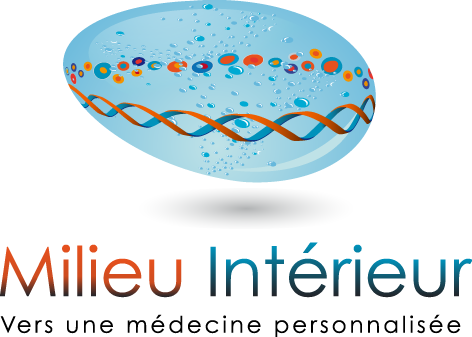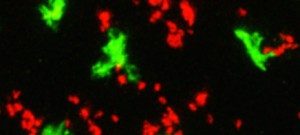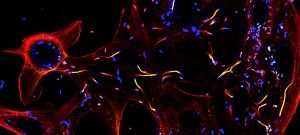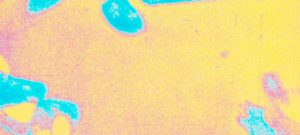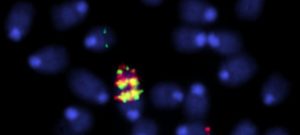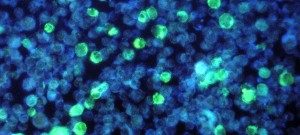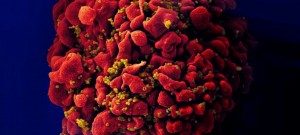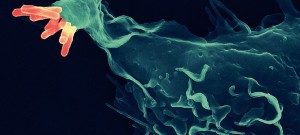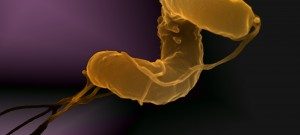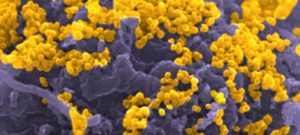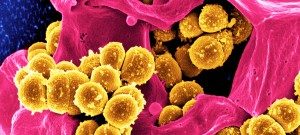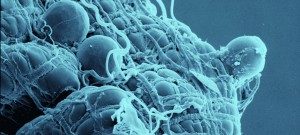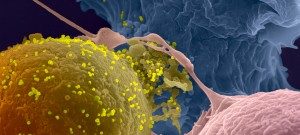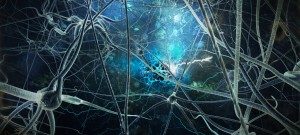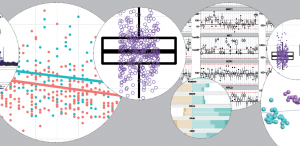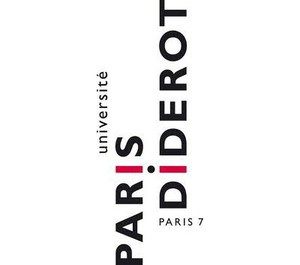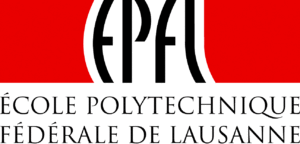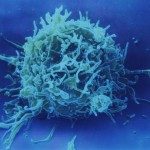The Milieu Intérieur project provides insight into the core of human diversity by dissecting the interplay between genetics and environment and their impact on the immune system.
The Milieu Intérieur Project
While the immune system is highly complex and responses are known to vary across individuals and populations, medical practices and public health policies remain based on a single model of patient care and drug development. The Milieu Intérieur project was initiated specifically to address this discrepancy. The primary objective of our work is to establish the boundaries of a “healthy” immune response and define the determinants of immune response variation, integrating the relationship among genetics, epigenetics and the environment. The specific aims of the Milieu Intérieur project are to: (i) define the naturally-occurring variability of human immune response, (ii) assess how this variation is genetically, epigenetically or environmentally controlled, (iii) understand how this genetic/phenotypic variation may account for differences in susceptibility to infection, therapeutic treatment or vaccine response, and (iv) ascertain the variation and role of the microbiota in regulating immune programs. 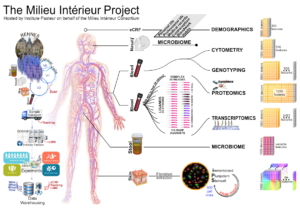
The Milieu Intérieur dataset. Click to enlarge.
Milieu Intérieur 2 (MI2) – The next phase
For the next 5-year period, we will build on the existing solid foundations to extend our understanding of how genetics, microbiome and environmental factors determine immune response variability. For this we will
- Explore the genetic, microbiome and environmental determinants of immune response variation in the adult population
- Define the drivers of immune response variation in extreme ages and other geographic regions
- Apply a systems immunology approaches to human disease to ensure that relevant clinical discoveries will be translated into improved patient care
The Milieu Intérieur project is supported by the French National Ministry of Research. This program is part of a larger French government’s Invest in the Future economic stimulus plan called Investissement d’Avenir – Laboratoire d’Excellence (LabEx).
- For latest news and data, visit our website and read our publications
- For an overview on the project, watch our video
- Contact us on milieuinterieur@pasteur.fr
- Follow us on @LabExMI



